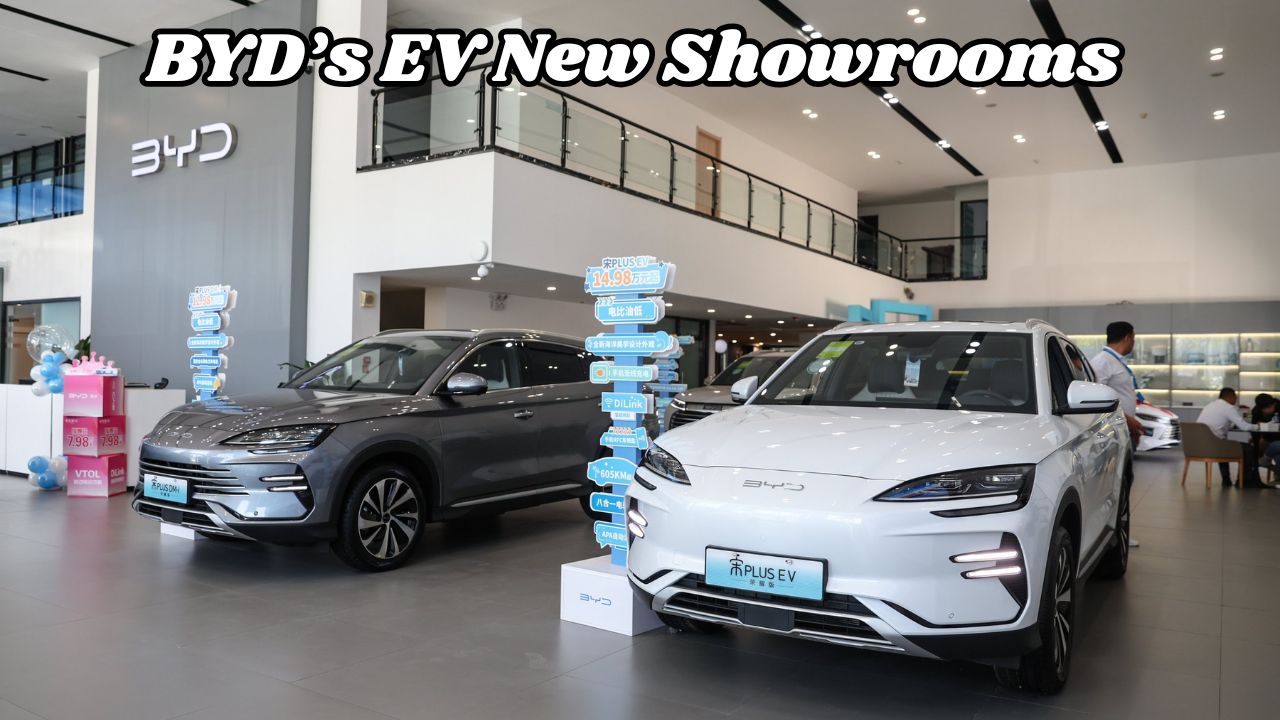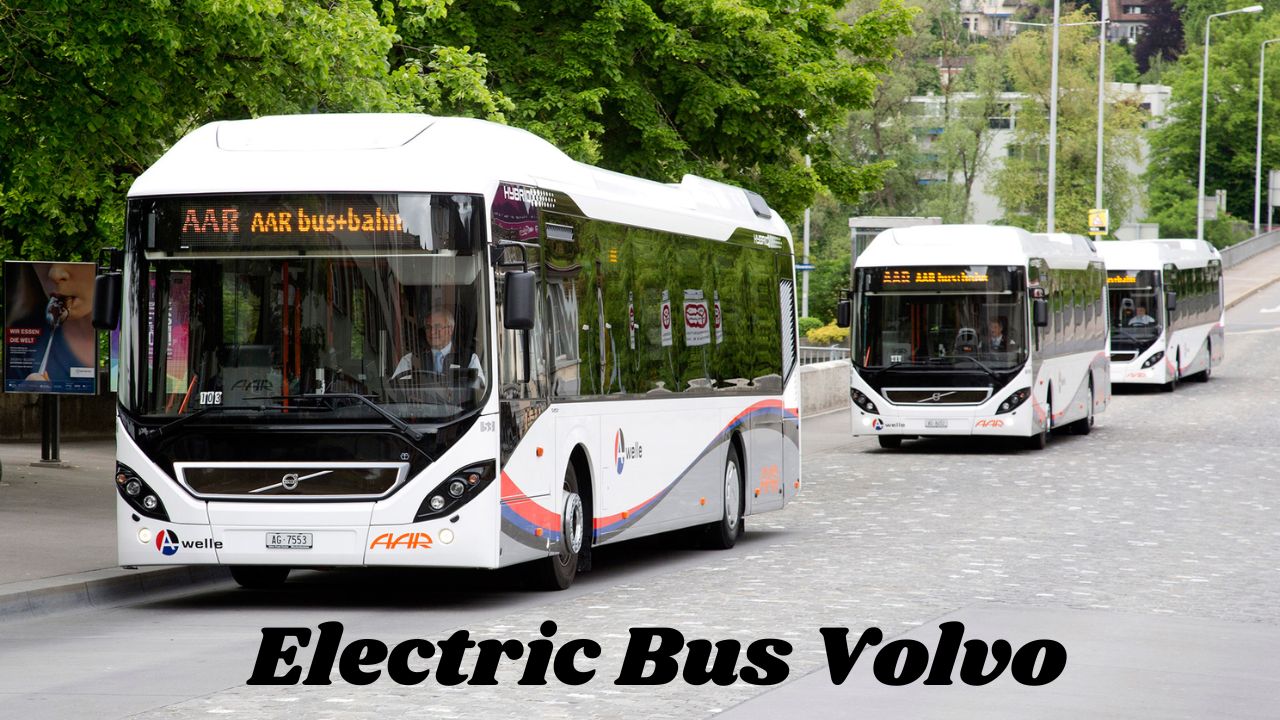South Africa Healthcare Logistics – In a country as geographically vast and economically diverse as South Africa, delivering timely and quality healthcare to all corners of the nation is no small task. From remote villages without clinics to overcrowded urban hospitals, logistical challenges are one of the primary obstacles to equitable healthcare. Amidst this struggle, MediWheels has emerged as a transformative player in South Africa’s medical transportation landscape—offering custom-built medical vehicles that are redefining healthcare delivery and access.
What Is MediWheels?
MediWheels is a South African-based company specializing in the design, manufacturing, and deployment of custom-built medical vehicles. These vehicles range from mobile clinics and ambulances to mobile labs, X-ray units, and even surgical theatres—all designed to meet specific healthcare demands in diverse terrains and communities. Their approach merges cutting-edge automotive engineering with health-sector insights to create solutions that can operate in both urban and rural settings.
The Problem: Healthcare Logistics in South Africa
South Africa’s public healthcare system faces several persistent challenges:
- Limited Infrastructure in Rural Areas: Many communities lack hospitals, clinics, or even basic healthcare facilities.
- Overburdened Urban Hospitals: Centralized care models have resulted in long waiting times and overcrowded emergency rooms.
- Transport Barriers: Many citizens cannot afford or access transportation to reach medical centers.
- Emergency Response Delays: Traditional ambulances are not always equipped for specialized care, especially in remote or crisis-prone zones.

_Health Logistics in South Africa
The MediWheels Solution
MediWheels recognized that the solution isn’t just more hospitals—it’s smarter, mobile, scalable healthcare infrastructure. The company has developed a range of custom-built vehicles that serve different healthcare logistics purposes:
1. Mobile Clinics
Equipped with diagnostic tools, patient beds, consultation rooms, and basic treatment facilities, these vehicles bring primary healthcare services directly to under-served populations. These units often visit schools, mining communities, and remote villages where no other medical care is available.
2. Custom Ambulances
MediWheels offers advanced ambulances customized for different use cases:
- ICU-equipped ambulances with ventilators and cardiac monitors.
- Neonatal units with incubators for premature babies.
- 4×4 off-road ambulances that can traverse rural terrains.
These are not off-the-shelf conversions; each ambulance is designed in consultation with healthcare professionals to ensure optimal ergonomics, safety, and medical readiness.
3. Mobile Diagnostic Labs
These vehicles include onboard lab testing equipment for immediate diagnostics—blood tests, COVID testing, TB screening, etc.—and are essential in areas with no access to laboratory services.
4. Mobile Imaging Units
Portable X-ray, ultrasound, and even mammogram-equipped vans allow for early detection of diseases like breast cancer, tuberculosis, and pneumonia in the field—often in collaboration with provincial health departments.
5. Surgical Units
In partnership with NGOs and health campaigns, MediWheels has even developed fully functional mobile operating theatres. These units have been used for eye surgeries, dental procedures, and minor general surgeries in rural campaigns.

Impact on Healthcare Delivery
The results of MediWheels’ work are impressive and growing each year:
| Impact Area | Before MediWheels | After MediWheels |
|---|---|---|
| Rural Healthcare Access | Limited to no access | 12,000+ patients served monthly via mobile units |
| Emergency Response Times | Delayed by poor roads or no roads | Faster access through terrain-ready ambulances |
| Health Campaigns | Dependent on static clinics | Scalable, location-based campaigns across SA |
| Community Outreach | Fragmented and under-resourced | Integrated services: testing, diagnosis, care |
| Mobile Screening Programs | Rare or non-existent | TB, HIV, and cancer screenings in rural zones |
Government and NGO Partnerships
MediWheels has secured partnerships with provincial health departments, local municipalities, NGOs, and international donors. These partnerships allow MediWheels to build vehicles under specific mandates—be it maternal health, chronic disease management, or pandemic response.
Some notable collaborations include:
- National Department of Health: For mobile COVID-19 testing vans during the pandemic.
- Gift of the Givers: For emergency medical aid in disaster zones.
- Red Cross and UNICEF: For outreach programs focused on child health and nutrition.
The Design Process: Customization at Its Core
Unlike generic conversions, MediWheels uses a consultative, needs-based design process. Here’s how it works:
- Needs Analysis: Understand what the client (e.g., clinic, NGO, government body) requires.
- Vehicle Platform Selection: Choose a suitable base vehicle (e.g., Mercedes Sprinter, Toyota Land Cruiser).
- Interior Medical Layout: Design floorplans with consultation rooms, equipment placement, air conditioning, power backup, etc.
- Compliance: Ensure all modifications comply with South African health and transport regulations.
- Training and Deployment: Deliver the vehicle and train healthcare workers on using the onboard systems.
Innovation and Technology
MediWheels is also integrating smart technology into their vehicles:
- GPS and telematics for real-time fleet tracking.
- Remote diagnostics via satellite or cellular data.
- Solar-powered medical units for off-grid locations.
- AI-powered triage and diagnostic support in development.
These features not only improve efficiency but ensure data collection and monitoring, helping health authorities make informed policy decisions.
Challenges Faced
Like all innovations, MediWheels has faced hurdles:
- High Initial Cost: Custom medical vehicles are expensive, but cost-effective long-term.
- Maintenance in Remote Areas: Ensuring spare parts and servicing is an ongoing challenge.
- Staff Training: Health workers need training to operate and maintain mobile units efficiently.
Despite these, the company continues to expand its footprint across Southern Africa.
MediWheels is proving that mobility can be the key to medical equity. By transforming vehicles into healthcare delivery units, they are breaking down barriers of distance, infrastructure, and affordability. In doing so, they are not just building vehicles—they are building access, hope, and healthier futures for South Africans.
FAQs
Q1: What services do MediWheels vehicles typically provide?
A1: Services include primary healthcare, diagnostics, emergency response, mobile surgery, and maternal care.
Q2: Can MediWheels vehicles be used in rural areas with poor roads?
A2: Yes, they offer 4×4 off-road options specifically designed for rough terrains.
Q3: Are these vehicles affordable for NGOs or small clinics?
A3: While initial costs are high, MediWheels offers scalable solutions and works with grant funding to support smaller organizations.
Q4: Is MediWheels only operating in South Africa?
A4: Primarily yes, but they have served clients in neighboring countries like Namibia and Botswana.
Q5: How can an organization partner with MediWheels?
A5: Interested parties can contact MediWheels through their official website for consultations and design proposals.






